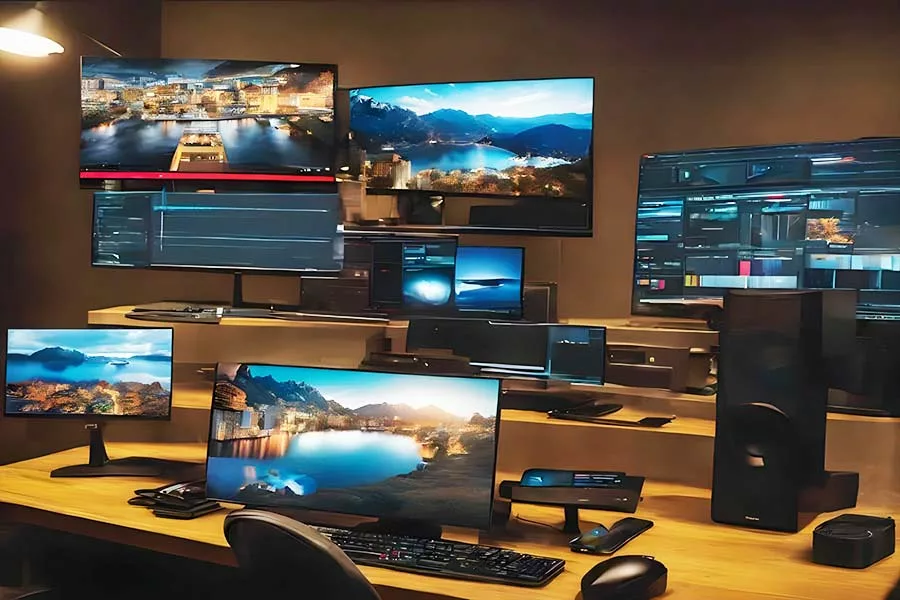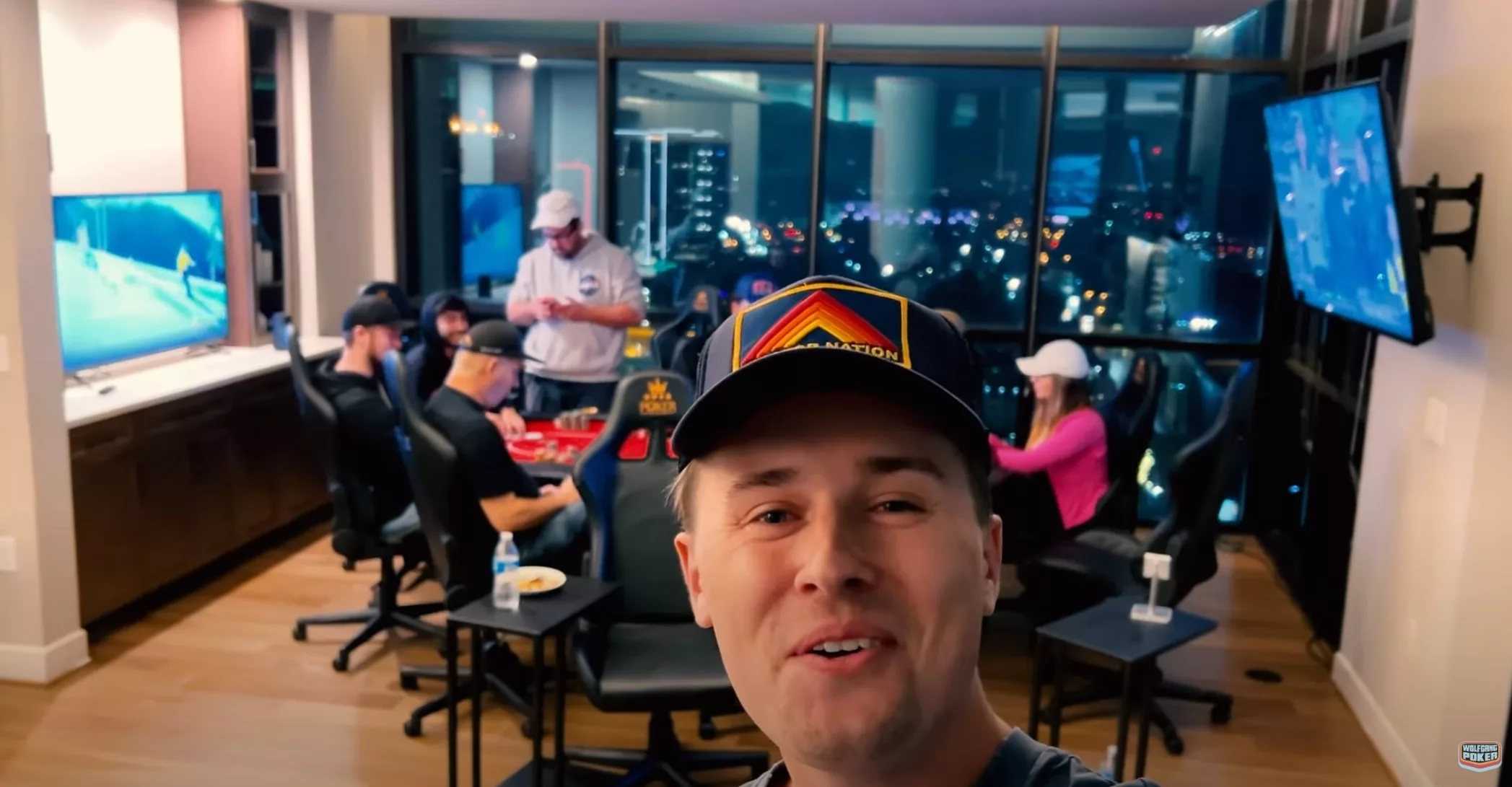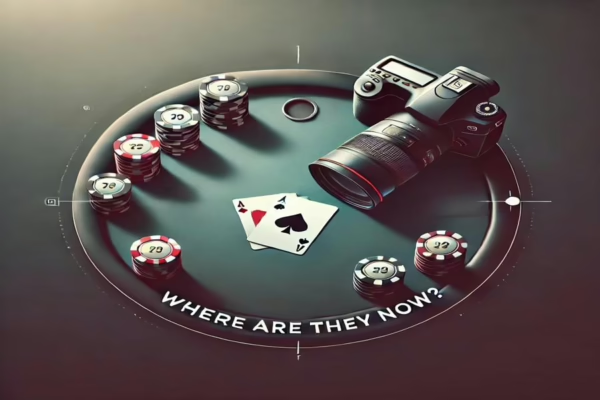In the Digital Era: How Social Media Reshaped Poker’s Popularity

how Social Media & Streaming Platforms have Reshaped Poker’s Popularity
In the fast-paced world of entertainment, the way we consume content has undergone a radical transformation over the last decade. Technological advancements and the rise of social media platforms have not only changed the way we watch television but has also significantly impacted the popularity and accessibility of poker. As we delve into vlogging, shorts, and interactive streaming, it becomes evident that the poker landscape has evolved, attracting a broader audience and fostering a sense of community among poker fans. Let’s take a look at how Technology, streaming services, and social platforms have contributed to the rise in poker popularity.
In the past, television was the primary medium for consuming poker content. However, the advent of online platforms such as YouTube and Twitch has revolutionized the way people engage with the game. Poker viewers can now watch their favorite players in action at any time, breaking free from traditional broadcasting schedules.
The Influence of Social Media
Social media platforms, such as Facebook and instagram, have played a pivotal role in shaping the poker-watching experience. The prevalence of short-form content, such as vlogs and shorts, has become a staple in the poker community. Viewers are drawn to concise and engaging content that offers a quick glimpse into the world of poker. Making it more accessible to a wider audience. Poker vloggers like Wolfgang poker are renowned for using short videos as a way to not only promote themselves in a short amount of time, but also to appeal to those that might not want to watch a full drawn out poker show. Wolfgang has an incredible 566k followers on his Instagram account.

Twitch: The Hub of Interactive Poker
Twitch, a live streaming platform, has emerged as a hub for poker enthusiasts seeking real-time interaction with their favorite players. Numerous streamers now broadcast their poker sessions, providing viewers with a unique opportunity to engage in conversations, ask questions, and immerse themselves in a vibrant poker community. The biggest win in an online tournament was Live streamed on Twitch by streamer Bert “Girafganger7” Stevens who took home an incredible 2.8 million, no doubt such feat’s being broadcasted have helped pave the way for the increase in pokers popularity.
The Personal Touch
The evolution of poker content has allowed players to put a face and voice to their online personas. Previously, poker players remained relatively anonymous, but the rise of vlogging and streaming has changed this dynamic. Viewers now get to know the personalities behind the cards, creating a more intimate and engaging viewing experience.
The utilization of social influencers to promote poker has been a game-changer. Influencers like Alexandra Botez a popular Chess streamer on Twitch have embraced poker, bridging the gap between different gaming communities. This crossover appeal has introduced poker to audiences who might not have considered it before.

Record-Breaking WSOP Main Event
The culmination of these technological and social shifts is evident in the record-breaking turnout at the World Series of Poker (WSOP) Main Event in 2023. The increased accessibility, coupled with the sense of community and personal connection, has contributed to a surge in interest and participation.
Conclusion
As we reflect on the evolution of how we watch poker, it’s clear that technology and social media have reshaped poker’s popularity. The accessibility, interaction, and personal touch offered by online platforms have not only broadened the poker audience but have also contributed to a vibrant and thriving community. The WSOP Main Event’s unprecedented success in 2023 serves as a testament to the transformative power of technology and social media in shaping the future of poker.






